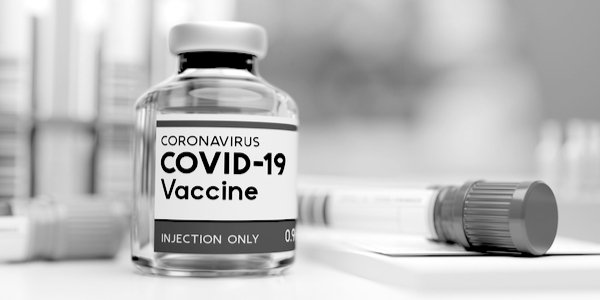This article was published in HART on January 26, the anniversary of the death of Dr Stephen Wright, and is reprinted by kind permission.
IT IS three years since Dr Stephen Wright died from vaccine-induced thrombosis and thrombocytopenia, caused by the AstraZeneca covid vaccine he received ten days earlier, on January 16, 2021.
Like many others he was assured it was safe and effective and that he should take it to protect others.
His family mentioned the vaccine could be the cause when he was hospitalised and a Yellow Card was completed in early February 2021. His widow Charlotte and his family along with other vaccine injured and bereaved people have been fighting for justice via reform of the Vaccine Damage Payment Scheme but have faced little option than to try and fight through litigation. You can support their campaign here.
The watchdog Medicines and Healthcare products Regulatory Agency (MHRA) took zero action on this first known death related to the vaccine.
In Austria, the first suspected death resulted in immediate suspension of the vaccine on March 7, 2021. The MHRA’s response was to issue a statement to reassure people of its safety instead: ‘It has not been confirmed that the report of a blood clot was caused by the AstraZeneca COVID-19 Vaccine. People should still go and get their COVID-19 vaccine when asked to do so.’ By this stage at least four suspected deaths had occurred in the UK.
Several other European countries followed suit by suspending the vaccine, and MHRAs response was again to reassure people of safety rather than take action: ‘The benefits of the vaccine in preventing COVID-19 far outweigh the risks. People should still go and get their COVID-19 vaccine when asked to do so.’
As deaths continued to occur through March into April, the Joint Committee on Vaccination and Immunisation (JCVI) made a recommendation for under-30s in the UK to be ‘offered’ Pfizer or Moderna vaccines instead of AstraZeneca.
MHRA released a statement on the same day which contradicted or at least confused the advice: ‘The MHRA is not recommending age restrictions in COVID-19 Vaccine AstraZeneca vaccine use.’
On May 7 2021 the JCVI made a further announcement that under-40s should be offered alternatives to AstraZeneca. MHRA sought to reassure patients instead with their announcement that ‘the benefits of the COVID-19 Vaccine AstraZeneca against COVID-19, with its associated risk of hospitalisation and death, continue to outweigh the risks for the vast majority of people’.
Despite more than 1,400 reported deaths, suspension across Europe, and the JCVI advice to restrict age, the AstraZeneca vaccine remains approved for over-18s to this day.
Why didn’t MHRA take the opportunity to learn from Stephen Wright’s death as other regulators did? How many of the 1,400 lives could have been saved by prompt action by MHRA?
MHRA’s failures are nothing new: victims of various medical scandals have been fighting for compensation for decades e.g. mesh, valproate, Primodos, Debendox and Pandemrix.
The Cumberlege Report outlined systemic failure by MHRA in July 2020, shortly before the covid vaccine approval commenced. Instead of increasing robustness, processes were diluted.
June Raine, the CEO of the MHRA, has declared that the body has turned from Watchdog to Enabler; commercial interests are clearly being prioritised over patient safety.
Is it now time for MHRA to be reformed as called for by this petition?
Reform the MHRA and turn it into a fully transparent, patient first regulator.

